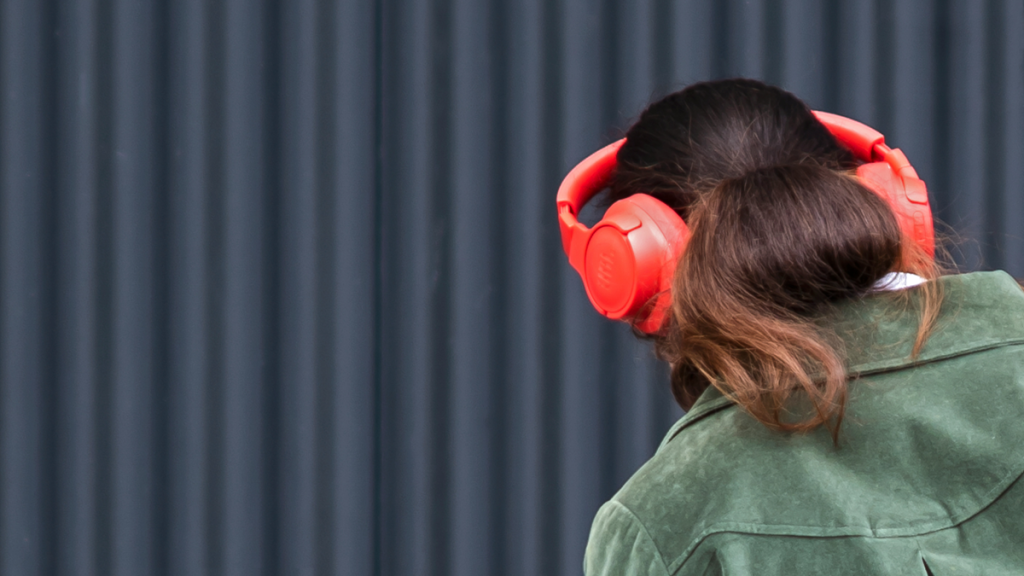Photo Credit: Lucas van Oort
The Korea Music Copyright Association (KMCA) implemented a new procedure for registering a song, requiring songwriters to verify they did not use AI.
The new measure reaffirms the Korean government’s stance that AI-generated music cannot be copyrighted. It went into effect on March 24, mandating that songwriters confirm they have 100% contributed to writing the song without the use of generative artificial intelligence.
Notably, the KMCA confirmed the criteria for not using AI does refer to “zero percent” contribution. “[Songwriters] are consenting to taking legal liability for any civic or criminal legal proceedings that may accompany false registration,” said the organization, adding that those who do not consent will have their registration placed on hold.
In the event that a song registered as not having used AI is later found to have used it after all, the KMCA said it can implement measures such as postponing royalty payments or cancelling the registration altogether.
The organization explained the new measure is designed to respond to the potential legal issues related to AI-generated songs. It reiterates its stance that songs using AI cannot be copyrighted; this was demonstrated in 2022 when the group cancelled royalty payments for six songs found to be written by AI songwriter EvoM.
Currently, the measure covers all songs with any AI input, but this may change in the future. The organization is still deciding exactly what to do with AI-assisted songs — those in which songwriters used AI tools to assist in the creation process, even for things as small as a topic or title.
Creative content written with AI technology has been a topic of much discussion worldwide, as an increasing amount of content using AI to varying degrees has emerged. The US Copyrights Office published its “Copyright and Artificial Intelligence Part 2: Copyrightability” in January, which stipulated that some forms of AI-generated content can receive copyright protection as long as a human substantially contributed to the content.
In order for AI-assisted to be copyrighted in the US, a human’s contribution should be sufficiently expressive and creative, significantly modify or arrange the AI-generated material, or come in a form in which human-created content is incorporated into AI output. For example, editing images or music, generating rough drafts, or assisting the human-led production of the content is considered acceptable.
The largest copyrights group in South Korea, the KMCA handles the commercial use of music registered by over 50,000 members.
Content shared from www.digitalmusicnews.com.

